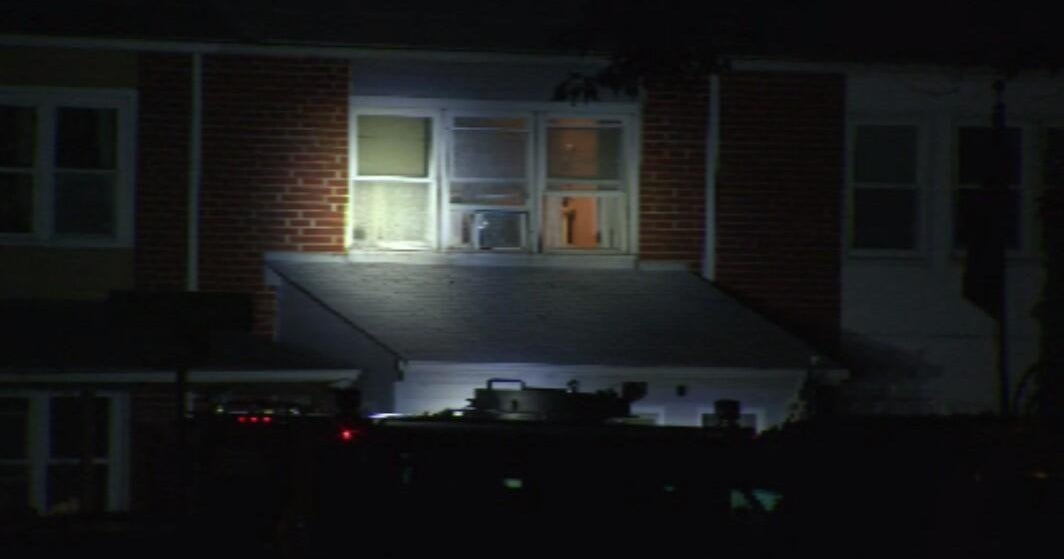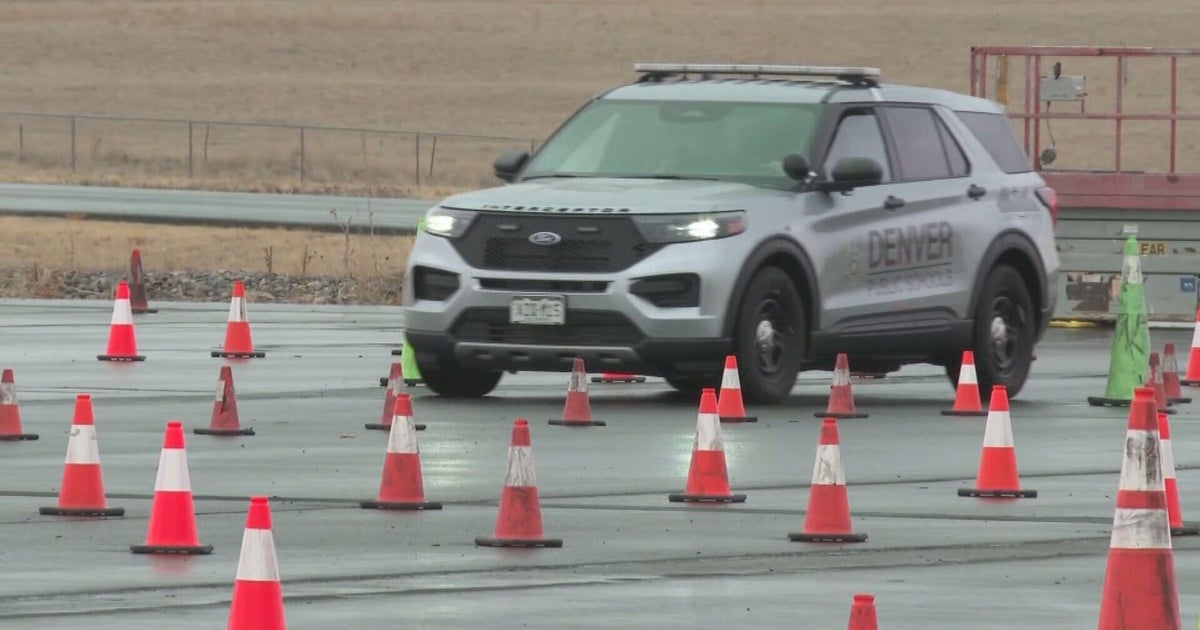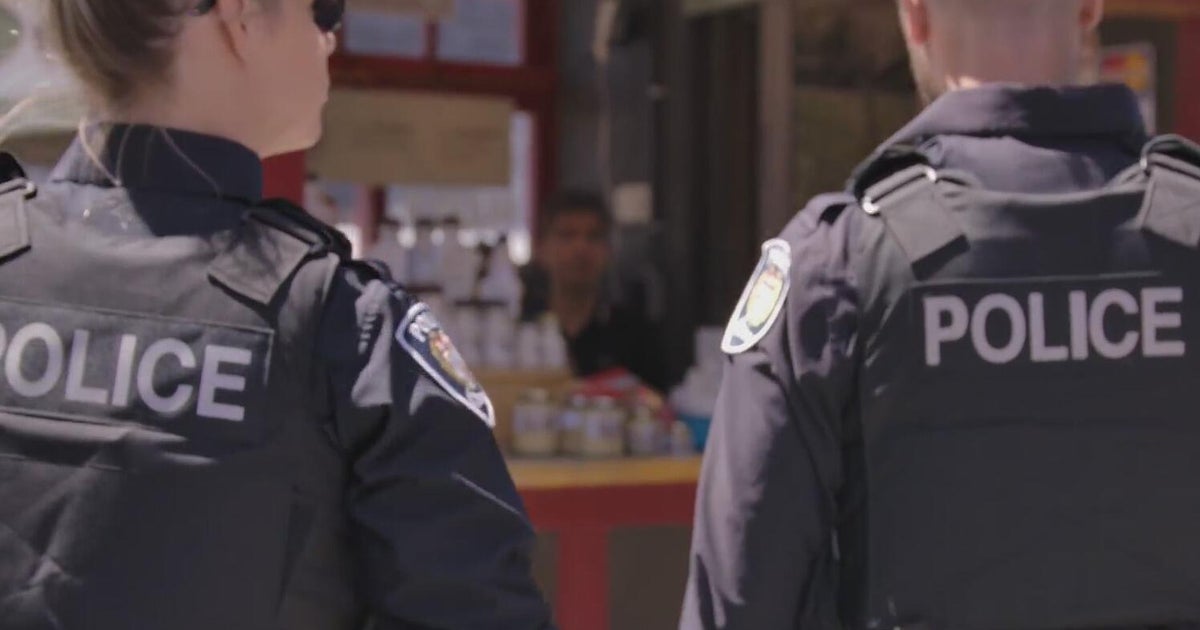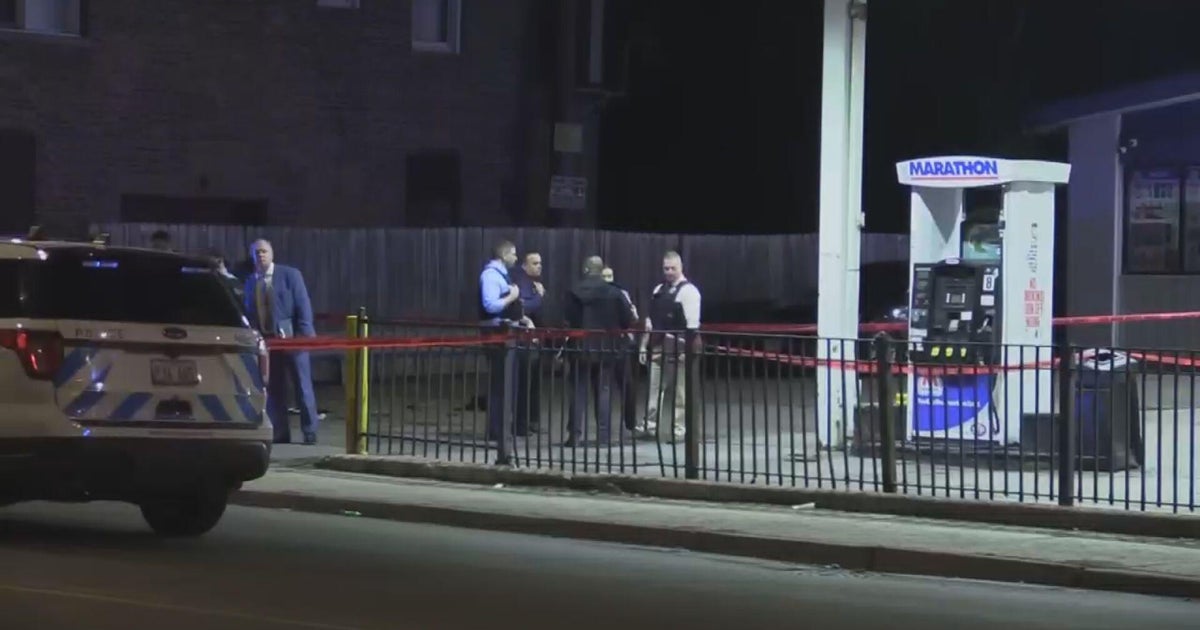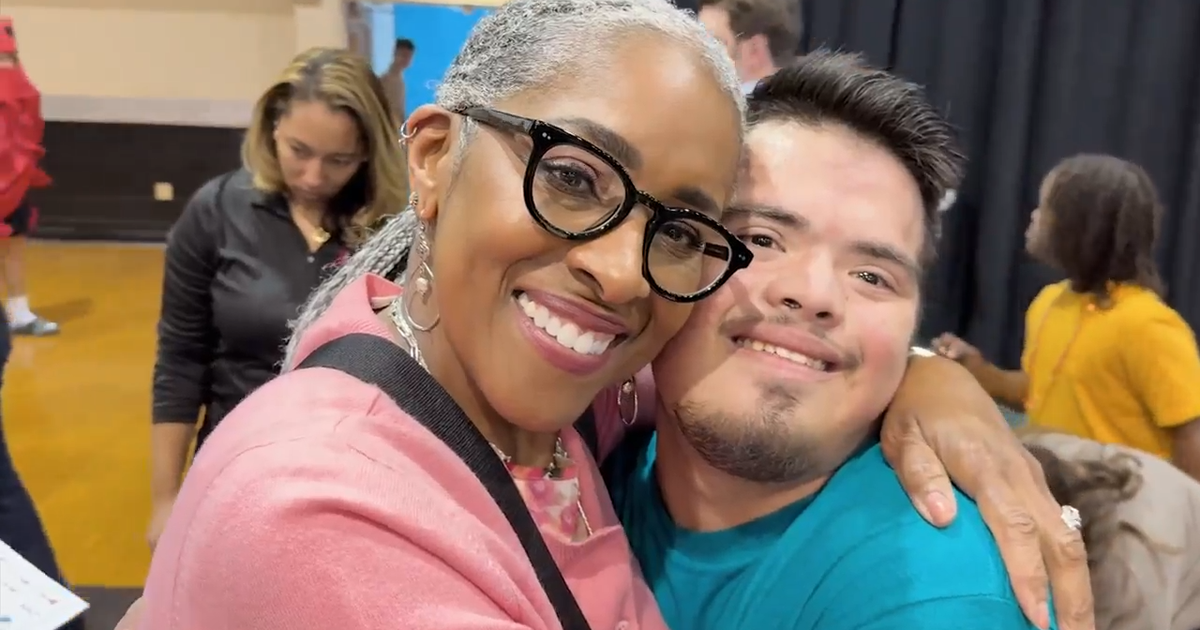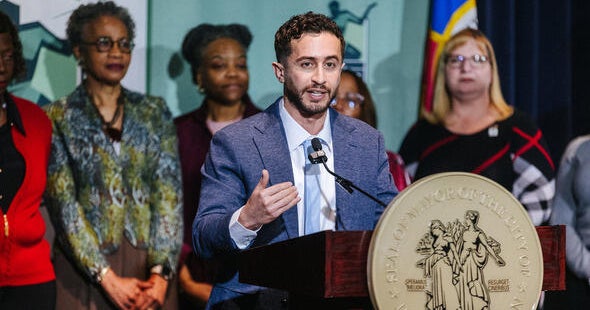As Calls For Police Reform Grow, Some Say One Solution Is to Increase The Number Of Female Officers
BALTIMORE (WJZ) -- In Baltimore and across the country, there are calls for police reform. While much of the focus is on stricter use-of-force policies, better training and body-worn cameras, one often-overlooked idea is increasing the number of women on the force.
Some critics, in fact, call the shortage of female officers a public safety crisis.
In Baltimore City and Baltimore County, women hold a number of high-ranking roles within the police department. Captain Donita Boyd, assigned to the Southeast District of the Baltimore Police Department, said being a woman gives her a different perspective to doing her job.
"I think that women add a different perspective to getting it done," she said. "So if force is needed then a woman is going to use force, but before she uses force she's going to use everything else she has available to her."
Boyd's observation, formed during her 27-year career with the department, is backed up by study after study. Women are less likely to use aggressive tactics when struggling with a suspect and less likely to fire a weapon on duty.
"A lot of our female officers often have the ability to really empathize and over-communicate which often helps de-escalation," Baltimore County Police Chief Melissa Hyatt, the county's first female chief, said. "The majority of this job isn't, you know, chasing people and constant adrenaline rushes."
READ MORE: First Female Baltimore County Police Chief, Melissa Hyatt, Sworn In
In fact, an estimated 80% of the job of policing involves people skills -- what some call emotional intelligence -- a quality often recognized in female officers.
"The toughest moments are situations that involve children," Boyd said. "You'll go out and just hug a kid and let them cry on you and cry with them and, and that doesn't fix the situation, it doesn't fix the situation, but it lets them know that someone cares."
WJZ's Denise Koch: "Is that part of the job of a police officer"?
Capt. Boyd: "It's who I am and it's who I want the officer who works with me and works for me to be."
Col. Sheree Briscoe with the Baltimore Police Department described female officers and being "less of a hammer."
Still, "that doesn't mean that we're less effective in our response," she said. "What that means is we use a different skill level. We use a different thought process."
Briscoe is the department's highest-ranking female officer. The skills she cites often translate into savings for police departments.
"Statistically speaking, women have fewer complaints, we have fewer uses of force, we have fewer investigations where we are the defendants," she said.
In 2019, out of 171 citizen complaints in the Baltimore Police Department, only 19 -- 11% -- involved female officers. While there are fewer women on the force, the numbers still show statistically fewer complaints.
At the same time, the department launched a diversity campaign to attract more women.
Officer Ana Quinones, who walks the beat in Baltimore's Hispanic community, is one of a number of female officers featured in the campaign.
"I always tell people that being a police officer will show you who you really are," she said in the video.
That focus on diversity is also a focus of Hyatt's.
"When we look at traditional recruiting, we haven't made it very clear that this is a profession for everyone," she said.
Denise Koch: "How many women were in the academy when you were there?"
Chief Hyatt: "When I was in my academy class back in 1997, there were four of us."
Denise Koch: "And how many men?"
Chief Hyatt: "I think close to 40."
Hyatt is proud that her department is now 17% female. The city's police department is 18% female, both above the national average of 13%
Still, one justice department researcher said to change the traditionally masculine climate, those figures need to be closer to 30%.
Briscoe agreed.
"Having 30% women would be more than climate, it would be a policing change. Period," she said.
Briscoe is a woman of color and was one of the officers who took a knee with protesters during a June rally calling for police reform.
She explained it this way: "I am a woman of color. I'm from Baltimore and though I'm police I fundamentally understand the conversation."
If the studies done over the last 40 years are right and female officers are better at defusing potentially violent confrontations before they become deadly, some wonder whether all police departments should increase their numbers.
>>WJZ has a new news app! Download it now!<<
Still, it hasn't always been a smooth path.
Denise Koch: "You have obviously risen through the ranks and done very well. Were you welcomed?"
Col. Briscoe: "I can't always say I was welcomed. And I don't take that personally... but no, not always welcomed... not always welcome but once we hit the door, watch out."
None of those WJZ spoke with suggested women make better officers, rather they simply have a different approach to policing.




